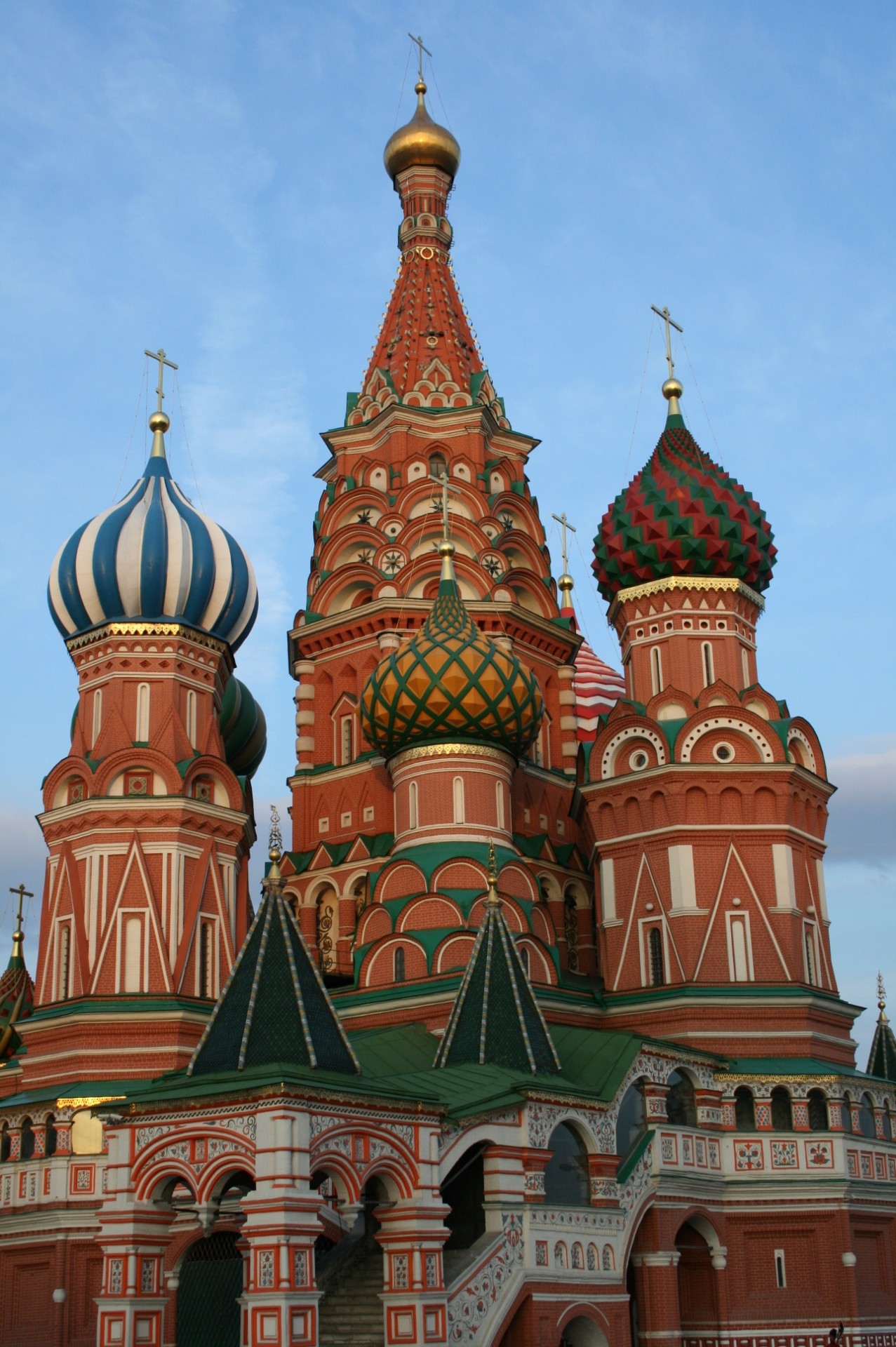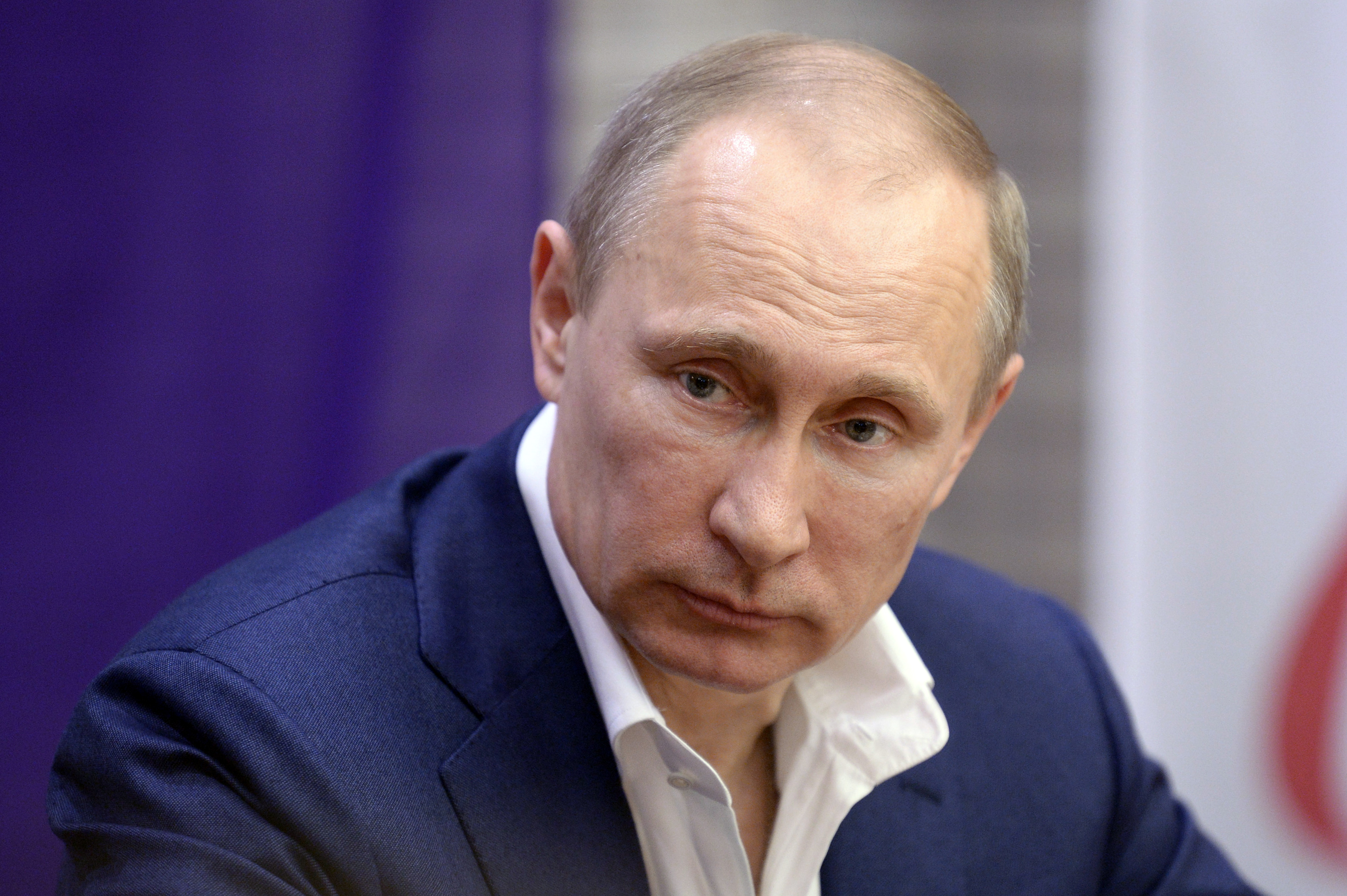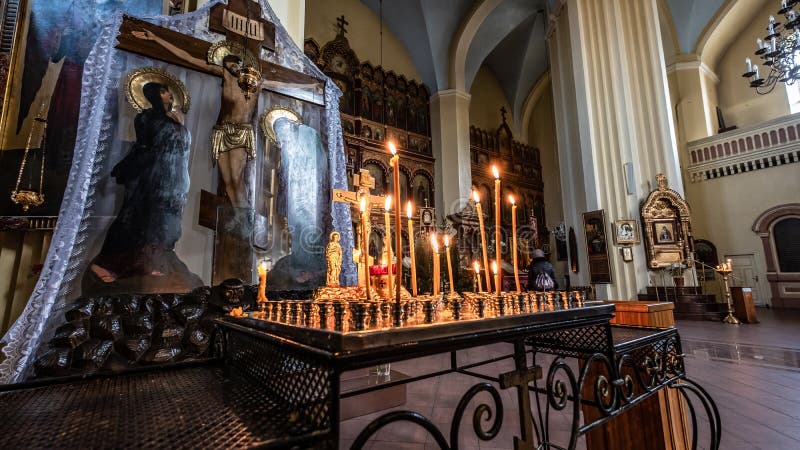
There is a moving scene in the Russian dissident novelist Aleksandr Solzhenitsyn’s (1918-2008) The Gulag Archepelago ([1973] ET 1974) where the mastermind behind the Cheka (the brutal Soviet secret police established in 1917), ‘Iron Felix’ Dzerzhinsky (1877-1926), interrogates the mystical Orthodox author and political dissident Nicolai Berdyaev (1874-1948). Solzhenitsyn writes – and, of course, we are to recognize his personal identification with Berdyaev:
[T]hey didn’t succeed with Berdyaev. They wanted to drag him into an open trial; they arrested him twice; and (in 1922) he was subjected to a night interrogation with Dzerzhinsky himself … But Berdyaev did not humiliate himself. He did not beg or plead. He set forth firmly those religious and moral principles which had led him to refuse to accept the political authority established in Russia. And not only did they come to the conclusion that he would be useless for a trial, but they liberated him’ (130)
Here was someone who, Solzhenitsyn succinctly states, has ‘a point of view’. As such, he is the archetypal dissident, duplicated tens of thousands of times every year around the world, who demonstrates the sovereign, and irrefutable, power of integrity, truth, principle, and courage. Or, as Solzhenitsyn puts it: ‘Confronted by such a prisoner, the interrogation will tremble. Only the man (sic) who has renounced everything can win that victory’ (130). I wonder, though, what Berdyaev – let alone Solzhenitsyn – would make of Putin’s Russia and the machinations of the new Cheka, the FSB (Federal’naya Sluzhba Bezopasnosti; lit. Federal Security Service). Truth, as students of modern Russia are quick to admit, is once again ‘political truth’ under Putin; that is, of course, it believes in ‘Truth, the whole truth, and nothing but what “The Party” says is truth’!

We should be careful, though, about presuming Berdyaev and Solzhenitsyn would think in the same way about Putin. Writing before WWII, Berdyaev does not share Solzhenitsyn’s pessimism about the Soviet system. In his day, Russian patriotism was of a purer, more classical kind, still capable of optimism and less compulsively cynical. So, he believed God, suffering, and human commonsense, could, and would, still prevail. By the time of The Gulag Archepelago, pessimism is rampant. Solzhenitsyn writes about – and, of course, against – a system that has become the futile (albeit still brutal) plaything of political cliques and powerful personalities. The ‘Truth’ in any absolute sense had, he argued, been coopted by ideology. The stars society had steered by for centuries had been extinguished. Winding the clock forward to the end of the 20th century, how quickly Mikhail Gorbachev’s (b. 1931) reformist era (1985-91) of glasnost (lit. openness) and perestroika (lit. restructuring) was undermined by the rip tide of oligarchs and cartels, rigged elections and the suppression of dissent and press freedom. There have been too many Berdyaev’s and Solzhenitsyn’s in Putin’s Russia, ‘One Word of Truth’ torn from their mouth.
But we should not miss another irony in the juxtaposition of Berdyaev and Putin: they are both famously ‘Orthodox’ in their Russian religious identities. Though Berdyaev struggled all his life with institutions, his faith was formed in, and preserved by, his Russian Orthodox heritage (and this despite a free-thinking father and an Orthodox mother, who revered the Church of Rome!). Putin has made great play on his affinity with the Orthodox Church and used Church politics to woo the historically preeminent Kiev patriarchate as an ally in his rebuilding of ‘Greater Russia’. Indeed, Putin is as inexplicable without Orthodoxy as the Indian Prime Minister Narendra Modi is without Hinduism and the Ayatollah Khamenei without Islam. It is part of his political profile. Though Solzhenitsyn was culturally Orthodox, his faith remained a more private matter.
The fact is, ‘Truth’, as a theological and philosophical principle and possibility, is transmuted in Putin’s Russia into a privatized expression of cultural religiosity and/or a cynical mechanism to manipulate society. Is there ‘faith’ in modern Russia? Absolutely: churches are open, and some flourishing, with all (esp. Protestant ones) subject to careful monitoring and potential censure. Unlike its Chinese counterpart, the Russian regime is not so ideologically atheistic. But can we, or should we, ‘have faith’, and trust modern Russia? Absolutely, not: Putin and his old FSB allies and politburo sycophants are set on preserving their power base at any cost and projecting an image of power – and even, perhaps, a ruling masculinity – on the world. Truth in an empirical, verifiable sense, is in this context a soft-headed, unnecessary inconvenience. Or, put another way, as I learned years ago when teaching in the USA, ‘If you live in a world of relative truth, you only need to be relatively truthful’! Postmodern relativism, as Russia troublingly reminds us, comes at a price; for trust and freedom are collateral damage from truth’s destruction.

We see the outworking of truth’s demise in Putin’s modern Russia in three very practical ways.
First, there is little sense of national boundaries and a mischievous extra-territorialism. Truth, by definition, admits distinctions. It has limits and draws lines. It is discomforted by untruth and attentive to veracity (perhaps the best way today to convey a sense of obligation to something more exalted). It lives with boundaries and is counter-culturally exclusive. A notable feature of Putin’s diplomacy and foreign policy is a singular disregard for lines and laws, ‘mine’ and ‘thine’. Hence, in the last twenty-four hours the UK government has exposed Russian meddling in the 2019 General Election and the University of Oxford has revealed Russian attempts to penetrate its COVID-19 vaccine research. Of course, election rigging by foreign powers is nothing new: what is new is the blatant, at times aggressive, disregard for the rights and borders of other sovereign nations demonstrated by Moscow today. Of course, Russia isn’t unique in this regard, but its actions have almost certainly encouraged others. In the wake of this, International Law risks becoming an outdated Behemoth and global warfare more of an everyday reality.
Second, there is little, if any, sense of global responsibility. Politics and diplomacy are reduced to ‘what is good for me or us’. Authentic religiosity is habitually altruistic. It thinks and acts outside and beyond itself, to the transcendent ‘Other’ and to my next-door neighbour. Self-interest sits uneasily with integrity, creativity, humility, and compassion. Yes, self-interest may drive our lives and our communities, that doesn’t make them more purposeful or attractive. In Putin’s quest for ‘Greater Russia’ he has, it seems, forgotten the wisdom Solzhenitsyn captures in Berdyaev’s interrogation by Dzerzhinsky; namely, that true power doesn’t lie in a projection of order, strength and control, but in the silent witness of a person who has ‘a point of view’, and who, having ‘renounced everything can win th[e] victory’. Relativism bends: it has to, it has no other capacity but accommodation and acceptance. A relativist regime is ultimately fragile. It has no intellectual or moral fibre to draw distinctions and make sound, balanced choices. The Kantian principle of moral universalizability (that tests my actions by the good they would do if extended universally) threatens all forms of modern, myopic nationalism – including, Russia’s.
Third, there is no ‘horizon’ for understanding and no filter on what is said. We should not be surprised when totalitarian regimes send mixed messages, deliberately misrepresent data, and act with scurrilous duplicity. Why not? To what other system of communication are they bound than their own will to control and their own ability to report their actions. They are the classic expression of reductionist ‘deconstruction’; where meaning is what I choose to make it, or how I want to read it. I wrote of this last week in relation to Western reporting of China: here we see another cause of what is called technically ‘perspectivalism’, i.e. seeing the world in a specific, or deliberate, way. It is no surprise world leaders leave meetings contradicting one another: to what other, or higher, power are they accountable than their office and future, their supporters and country? On a good day, these are lofty realities with worthy ambitions. On a bad day, they are the rich food of egotists and megalomaniacs, scheming thieves and lying rogues. That is the world you produce – as Berdyaev and Solzhenitsyn recognized – when ‘Truth’ is inconvenient or the artificial construct of a powerful individual and influential lobby; when ‘perspective’ reigns.
Should we ‘have faith’ in Moscow? No. But then, again, can we, or should we, trust ourselves? It is good to have ‘a point of view’, like Berdyaev and Solzhenitsyn, when that viewpoint has an elevated, selfless, transcendent even, origin.
